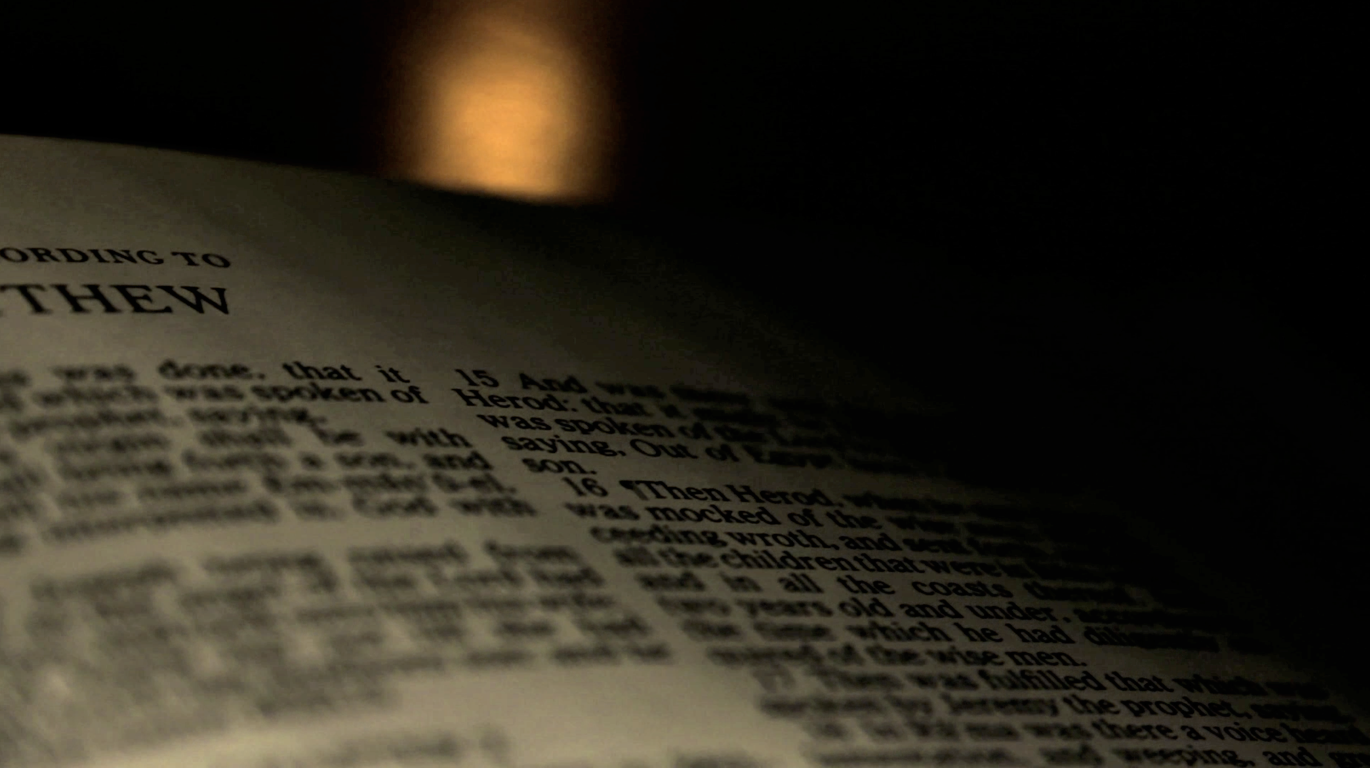What if God incarnate were a woman?
Is God "gendered" in any meaningful way as we conceive of gender? Could our nearly complete masculinization of God be the equivalent of a "false idol"?
Experience and explore the icons of God in our minds in this retelling of the Gospels, and challenge yourself to question the human constraints on our imagining of the unimaginable.
”There is no longer Jew or Gentile, slave or free, male or female. All are one in Yeshua the Anointed.” -The Apostle Paul
BACKGROUND
The idea for A New Covenant came to me in the fall of 2013 as I was completing the first draft of Writer, the second book in my Daughter of Time science fiction series. In that series, my protagonist is a woman who becomes something like a galactic messiah. As I built a world that had begun to worship her as such, I was constantly confronted with the thoroughly masculine nature (imagery, language, art) of most of the religions of humanity, reflecting closely the patriarchal dominance in culture throughout our brutal history.
I began to wonder what it might be like had the dominant religious narratives, structures, and language been feminine instead. How would it relate to the seemingly endless oppression of half our population? Is God “gendered” in any meaningful way as we conceive of gender? Could our nearly complete masculinization of God be the equivalent of a “false idol”?
Other minds have discussed this academically for decades. I wanted instead to create a more feminine experience, one that would be familiar and yet discombobulating to many in our culture. I wanted them to read the Gospels with a female Jesus and a God and history dominated by feminine qualities, language, protagonists, and imagery.
My hope in this is not to offend (although this will surely offend some), but to stimulate thought about the Divine and truth, and to inspire a questioning of assumptions. Does the Gospel change in this re-telling? Change in its core message? Is God incarnate as a woman any different than as a man? If yes, why? If not, what does it mean for our mode of conceptualizing the unimaginable?
I want to thank M. Kate Allen and Kathleen Hill Brewer for reading initial drafts of this manuscript and providing feedback, and M.K.A. for editing services. I am not a Biblical scholar or linguist, and my efforts to harmonize the Gospels and retell the narratives surely leave much to be desired, even with all their critiques and help.
I also thank those who produced and made available copyright-free the World English Bible (WEB). This is perhaps not the use they had in mind, but it is certainly in the spirit of their intent: to open minds and hearts to the nature of God.

